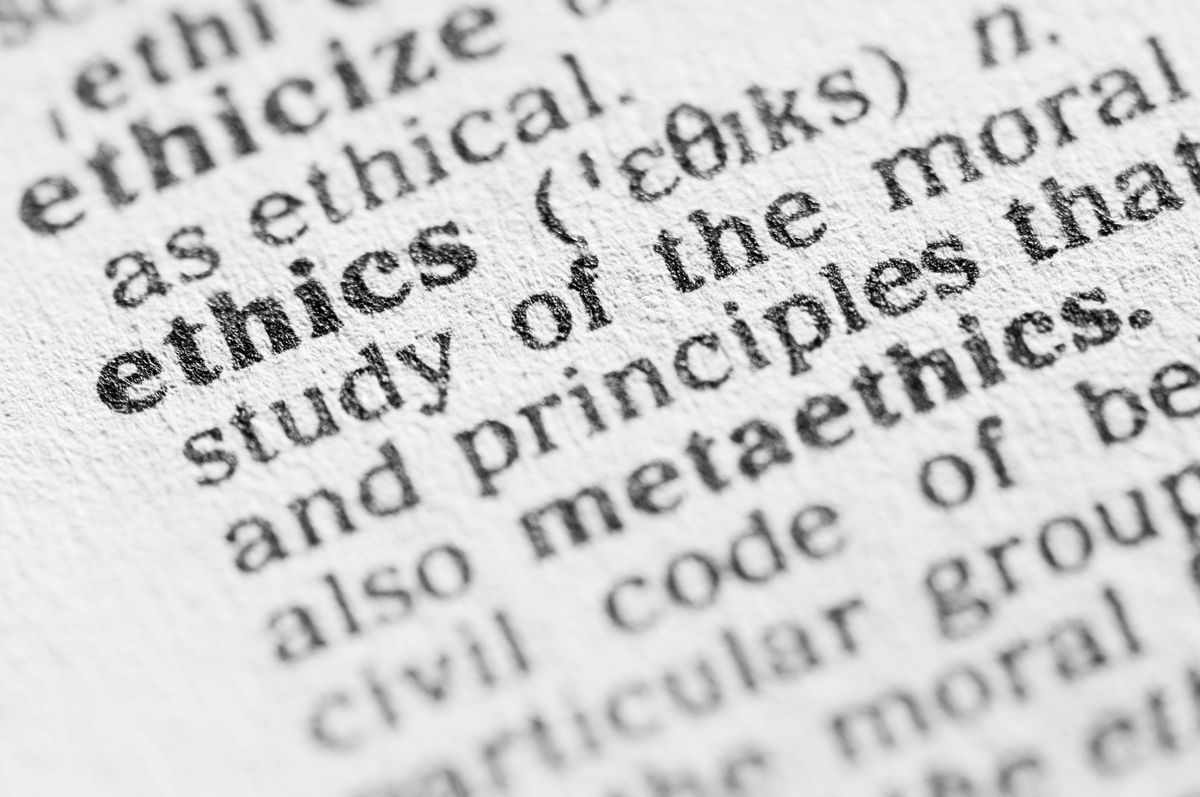State of Workplace Ethics

Since 1994, the Ethics & Compliance Initiative (www.ethics.org) has conducted its annual global business ethics study, one of the most comprehensive and significant surveys of workplace ethics. It’s the most extensive study of its kind, with 75,000 + employees in over 40 countries surveyed.
The 2023 Global Business Ethics Survey® is out. This is what we have learned[i].
1-in-3 employees feel pressured to compromise workplace standards.
The pressure on employees to compromise workplace standards is at an all-time high.
29% of employees feel pressured to compromise the workplace standards or the law, up from 20% in 2019. 84% of those also observed misconduct in the workplace.
Employees who witness unethical behaviour are most likely to feel psychologically unsafe. People who feel psychologically unsafe are reluctant to speak up, and report observed misconduct. This creates a vicious circle where the more people witness misbehaviour, the less likely they are to report it. As a result, the chances of detecting and promptly addressing these issues decrease, allowing it to flourish.
Psychological safety matters beyond ethics, too. It affects morale, innovation, productivity and team effectiveness. In psychologically safe environments, employees thrive and feel safe expressing their innovative thoughts without fearing personal criticism. They are more likely to ask for help, admit mistakes, raise concerns, suggest ideas, be creative and challenge the status quo.
Workplace misconduct is at an all-time high.
2 out of 3 employees observed at least one act that they deemed to be a violation of the organisation's standards of conduct or the law.
65% of employees observed misconduct in the workplace. This is up from 60% in 2020. Moreover, 12% of employees observed an act of corruption involving a public official. This continues a rising trend of misconduct patterns observed since 2000.
A few factors might drive the trend:
- The pressure on employees to comprise workplace standards is at an all-time high.
- Increase of awareness among employees of the bribery, corruption and other misconduct risks and clarity of expectations.
- Moral attentiveness and moral engagement. More employees can recognise the ethical dimensions of workplace situations.
Interestingly, while misconduct in the workplace continues to grow, only 30 % of employees indicated that their organisations had taken steps to implement even basic elements of ethics and compliance programs.
Retaliation continues to be on the rise.
46% of surveyed employees reported that they experienced retribution after reporting observed misconduct.
Earlier GBES studies showed a correlation between the rise in the reporting levels and retaliation. Global median reporting of observed misconduct increased by four percentage points since 2020 to a record high of 72%, with retaliation numbers kept flat since 2020. It is an encouraging trend.
But Europe and North America appear to be moving in a different direction. Reporting of observed misconduct stands at 62-64%, with retaliation numbers floating between 45% - 50%. Can the corporate culture hold the clues to this? High levels of retaliation are typically attributed to organisations with a weak level of ethical culture.
Only 1 in 10 employees say they work in organisations with a strong ethical culture.
What’s more? It is a downward trend.
87% of surveyed employees indicated that their workplace does not have a strong ethical culture. GBES associates that with some or all of the following are absent:
- Ethical conduct at all levels;
- Employee trust that leaders and supervisors will keep their commitments;
- Provision of information to keep employees informed; and
- Accountability when wrongdoing occurs.
The global median decreased by one percentage point since 2020 to 13%. Only 9% of employees in Europe believe their organisations have a robust ethical culture.
Without a strong ethical culture in an organisation, no compliance program, best-in-class AI detection and monitoring tools, or countless amounts of training will, on their own, prevent misconduct and effectively protect organisations against non-compliance. There is a lot of work needed to be done in this space.
We will be back in two weeks!
Comhla Intelligent Compliance
At Comhla, we are driven by a mission to revolutionise the way organisations approach compliance and misconduct prevention. We leverage cutting-edge applied research in behavioural science, actionable data insights, compliance, internal controls and regulatory expertise to help our clients identify and target conduct risks before misconduct occurs. We believe that each organisation should be proactive about maintaining business integrity. By going the extra mile to provide evidence-backed solutions tailored to our customer's unique needs, we enable them to maximise Compliance ROI while increasing the effectiveness and impact of the prevention strategies.
Follow us on LinkedIn: https://www.linkedin.com/company/comhlaic
Learn More https://comhla.co
We aim to publish once a fortnight. The information provided in this newsletter is not intended to and does not render legal, accounting, tax, or other professional advice or services.
Endnotes:
[i] ECI’s 2023 Global Business Ethics Survey® https://www.ethics.org/wp-content/uploads/GBES_2023_PDF_Final.pdf